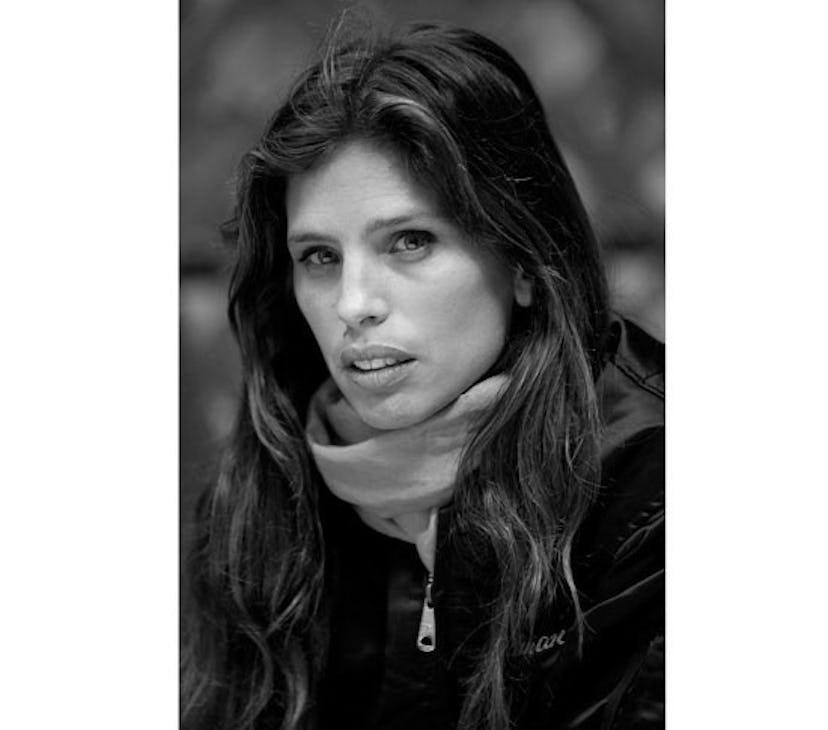Five Minutes With Maïwenn
The filmmaker behind Polisse (winner of last year’s Jury Prize at the Cannes Film Festival) discusses the making of her kitchen-sink cop drama: Maïwenn What inspired the screenplay? I happened to see a TV...

The filmmaker behind Polisse (winner of last year’s Jury Prize at the Cannes Film Festival) discusses the making of her kitchen-sink cop drama:
What inspired the screenplay? I happened to see a TV documentary on the Child Protection Unit and was deeply moved. Also, the American crime drama film, We Own the Night was very inspiring.
I read that in your research of the CPU, you realized how frequently humor is used to fend against human misery. I think it does. The French humorist, Pierre Desproges once said, “life should be a joke.” It has to be light, otherwise it can be very miserable. I noticed that when I was shadowing the CPU, so when I was writing scenes, I tried to find the same balance and contrast. After an intense scene, I would try to follow that with a scene that had some levity to it.
The film does have some very intense scenes. Was there a particular moment when you were scared of not capturing the CPU accurately? We worked with a lot of children, many just walk-ins from the streets of Paris. The particular scene with the little boy and his mother, and the mother is forced to say goodbye and leave him at the police station—I was really scared that I would blow that one and it wouldn’t come across as authentic.
It was really thanks to the boy. I was lucky to have met him, and to have him play that scene with his real mother. Maybe that’s why I didn’t have to say much to have him act out the scene as compellingly as he did. He was just a natural.
The end scene is incredibly powerful. What was your motivation? It was to show that these cops are always on the edge of a precipice. They have these tricky interactions with the children, it takes such an effect such that maybe one of them cracks—or breaks.
You’re both the director and star in the film. Did you channel different parts of yourself, depending on the role? Yes, it certainly doesn’t come from the same parts of your brain. When I’m directing, I spend a lot of time listening and finding the truth in what I hear. Whereas when I’m acting, I try not to listen to myself at all.
Polisse opens in theaters May 18.
Photo: Robin Holland/ robinholland.wordpress.com